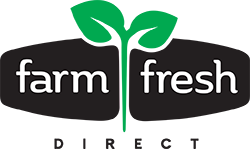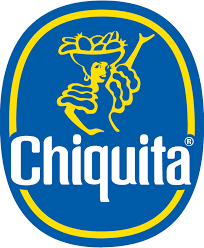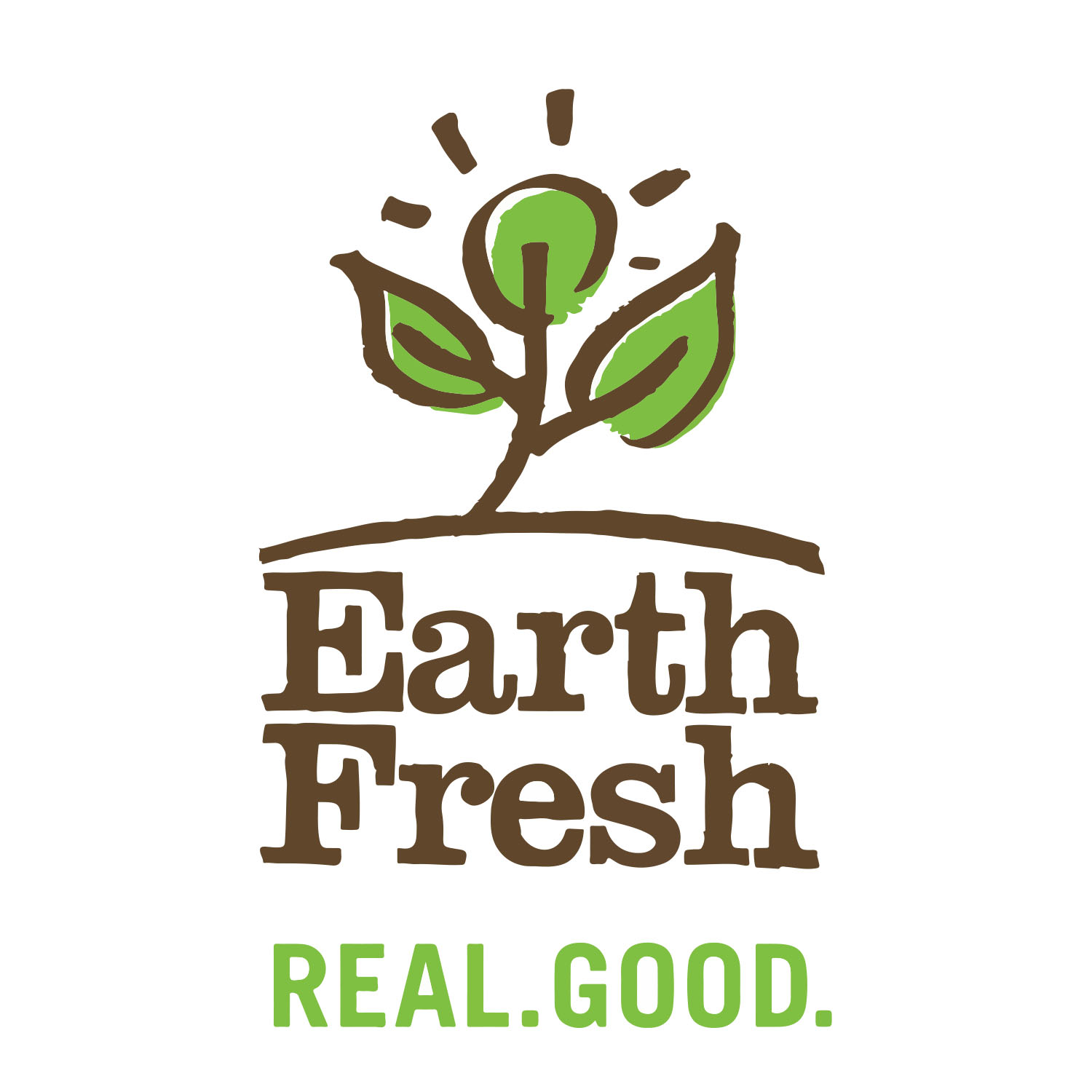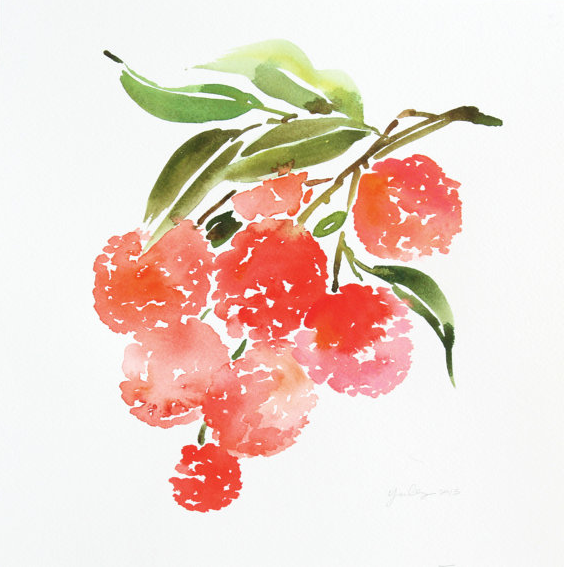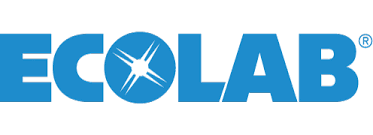“There is a banana price war at the retail level that is keeping banana prices artificially low,” says Kim Chackal, co-owner and vice president of sales and marketing for Equifruit.
While U.S. consumers — who rarely pay more than 65 cents per pound and don’t see significant seasonal price shifts expected in other fruit — could be called the winners of this “price war” so far, Equifruit says it has had “disastrous consequences downstream in the supply chain,” specifically for banana farmers, but the company is trying to turn the tide.
Equifruit has made it its mission to both champion banana farmers and make consumers feel good about paying a little more for their favorite fruit. And it’s using unconventional, even “guerrilla,” marketing tactics and the message of fair trade to do so.
“Our mission is global fair-trade banana domination,” Chackal says. “That’s the vision that we have for our brand.”
Usual Strategy vs. Equifruit’s Mission
“The merchandising strategy has typically been to drive margin in other categories, but sacrifice the banana price, which puts a lot of downward pressure at the beginning of the supply chain,” Chackal explains. This presents a challenge to Equifruit, which has dedicated itself to selling more bananas for more.
Equifruit sells only Fairtrade Certified bananas — mostly organic but also conventional. Being Fairtrade Certified means more money gets back to the farmers who grow the produce, in this case, bananas. This includes an additional $1 per 40-pound case, which goes back to the farmers who democratically decide what to do with the funds to benefit their communities and environments.
“That means that the Equifruit bananas will be slightly at a higher price point, both for retailers and the end consumer. It’s negligible, but it’s still different than what the rest of the industry is doing,” Chackal says. She quantifies the difference as about an additional $5 over the course of a year, what she describes as “one less latte per year.”
Equifruit sources bananas from Ecuador, Peru, Colombia and Mexico. According to its website, the additional funds that go to farmers through the Fairtrade process have been put toward biodiversity efforts, soil health initiatives, improving housing and water infrastructure in workers’ communities, optimized water efficiency efforts in banana growing and more in those communities.
Chackal says the company’s focus on improving the lives and communities of banana farmers and workers is what sets it apart.
“We call ourselves and our community banana badasses, because we think that it’s pretty badass to go against the grain and be the underdog in the industry,” she says.
“No matter what’s going on globally, like inflation or recession, there’s always a reason to keep bananas cheap,” Chackal adds. “But because we really want to ensure the dignity of the farmers and producers we work with, we are going to just stick with that fair trade pricing and use our voice and the advocacy that we do to draw awareness to this real problem in the industry.”
Making Marketing Magic
The way Equifruit uses its voice is different from other fruit importers. From comparing the added cost of fair-trade bananas to the cost of a single sock, to riffing on “Shark Week,” to directly telling consumers theirs is the only banana worth buying, the company looks to get consumer attention and be a fun follow on socials.
“We very much operate like a guerrilla marketing campaign,” Chackal says.
While Equifruit uses its packaging as a vehicle for its messages, it also focuses heavily on social media, including Instagram and Tik Tok for consumers. There, the company’s marketing strategy is two-pronged. On the more lighthearted side, the company tries to stay at the forefront of online culture by transforming pop culture moments into conversations about paying banana farmers fairly.
“So, for example, if there’s a new meme that’s going viral or there’s a new show that everybody’s talking about, we’ll take that pop culture moment and use that as an opportunity to talk about how farmers are underpaid and through fair trade, and we can contribute to the solution,” Chackal says.
The company has found that to be an effective technique at getting attention, she adds.
The other prong of the strategy is what Chackal calls more directly advocacy-oriented “Truth Bombs.”
“We’re not ever trying to speak ill about the competition, but we are trying to make people aware of the problem that we’re solving,” she says. When they do that, she continues, “We find that it endears us to them a little bit more, because they feel like they better understand what the ‘banana badass’ term really means.”
Both prongs of the marketing strategy result in consumers who are not only willing to spend more on their bananas but feel good about doing so, Chackal says.
“The affordability, I find, helps people get excited to share [our messages] with their friends and families and neighbors because we all want to contribute to a more sustainable world,” she says. “Some options are perhaps a little bit more cost prohibitive, but Equifruit’s Fairtrade bananas don’t fall in that category.”


